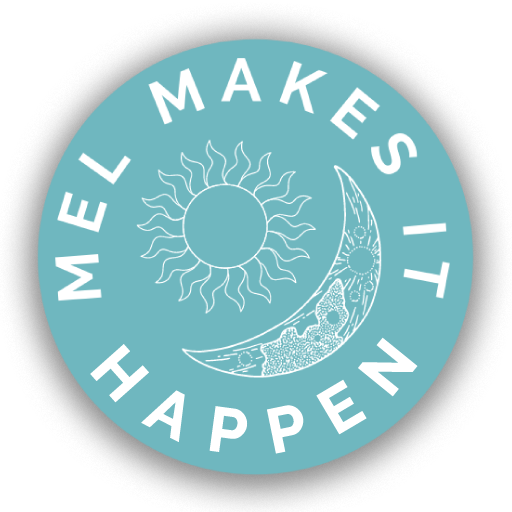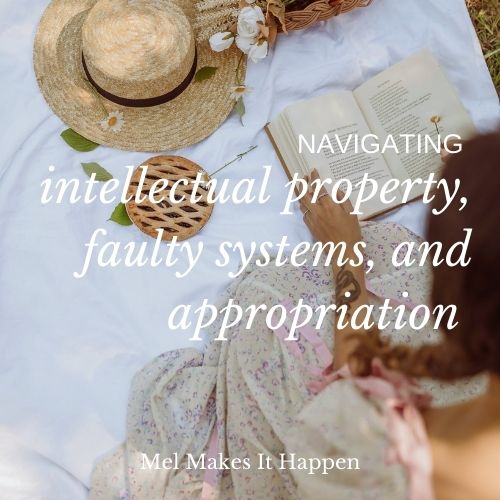Where did you hear that? This belief that you hold—you must have heard it from somewhere, right? Can you cite the source or point out the original creator? It’s important to give credit where credit is due, but what if you’re not sure where you learned something? I’ve seen people get called out over situations like this on social media so I thought I’d explore this topic a bit.
When do you give credit for an idea?
Much of what we know and have today is built off of something—even if just a little—created by someone else. When information is taken word-by-word from another source we know to use quotation marks and reference the author. The same could be said for ideas, too, if they are shared in a way that, again, resembles the original source.
Where things get dicey is if you learn something and then make it your own. You might even learn bits and pieces of things from multiple sources and then make that your own. The more information you take in, the more confusing it can be to remember who said what. It may be that one source has a certain belief, but you can mull it over and create your own belief system through that—a belief system that may hold almost no discernable ties to the original material. You could then cite a reference of “I learned this from so-and-so” but is that really necessary?
In academia and research, it may be. For the common person, well…you’ve got to decide for yourself.
I’ve seen people blatantly steal intellectual property from other creators and pose it as their own without a single reference to the original source. Other times, we can hear something through the grapevine and not really know who the original creator was.
When someone utilizes a practice that is derived from another culture, religion, or a specific group of people, is that cultural appropriation? What if they did not have knowledge of the origins? I think intention is important to note here and I like to give the benefit of the doubt that most people do not mean to intentionally cause harm. However, many people may not understand how an action they engage in, which seems so far removed, could impact anyone.
I see us as all being part of a huge melting pot of cultures, beliefs, viewpoints, backgrounds, and more. Sharing an array of ideas from all of these different places and systems is what helps us develop who we are. There is no one way to learn. You don’t have to dedicate your life to studying ancient scriptures to be able to work with their principles now.
What about when the original source is faulty?
The fact is that many of the beliefs we hold or systems we engage in have some flaws that could cause harm. If we learn from a person who does not cite their sources or who fails to teach their audience about the cultural origins of a practice, are we now misinformed?
For efficiency’s sake, sometimes I don’t want to hear the whole history of whatever whatever. I don’t think the intentional stealing or repurposing of others’ original ideas is fair, but I also don’t expect everyone to be an educator. It’s not like we don’t have access to Google anyway.
Sure, it is important to know what you are getting into before getting involved with something or someone, but sometimes we simply do not have all of the information. Often, we (only want to) know what we need to know right now. Information is constantly unfolding so it is unfair to expect to know everything, have all your bases covered, and be a flawless human being all of the time. So that shouldn’t be expected from the people we learn from—educators or not.
Holding room for possibility.
We often experience cognitive dissonance when there is any blight in a system we are involved with. It can be easier to play ignorant or disengage completely. Yet, how can we see that someone or something is faulty and simultaneously holds value? How can we allow two possibilities to exist at once and make an informed decision for ourselves?
In our current state of the world, I think nuance and context are really key here. In my eyes, you can take what you hear, read, or learn and establish your own beliefs. Not everything will directly tie to the original source so you’ve got to use your reasonable discernment. It’s up to each of us to find what is correct for us.

